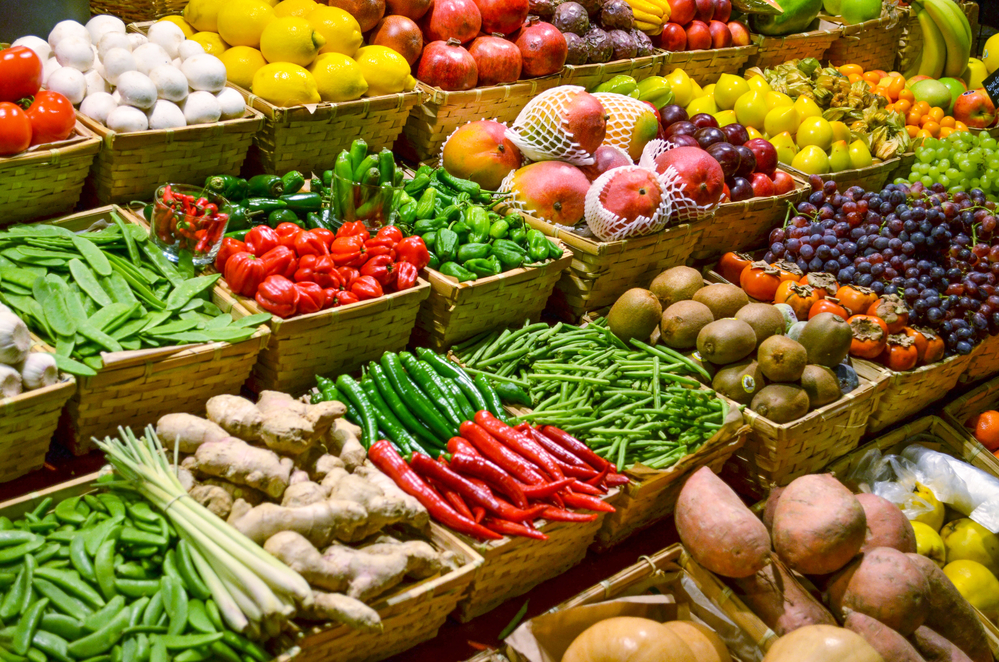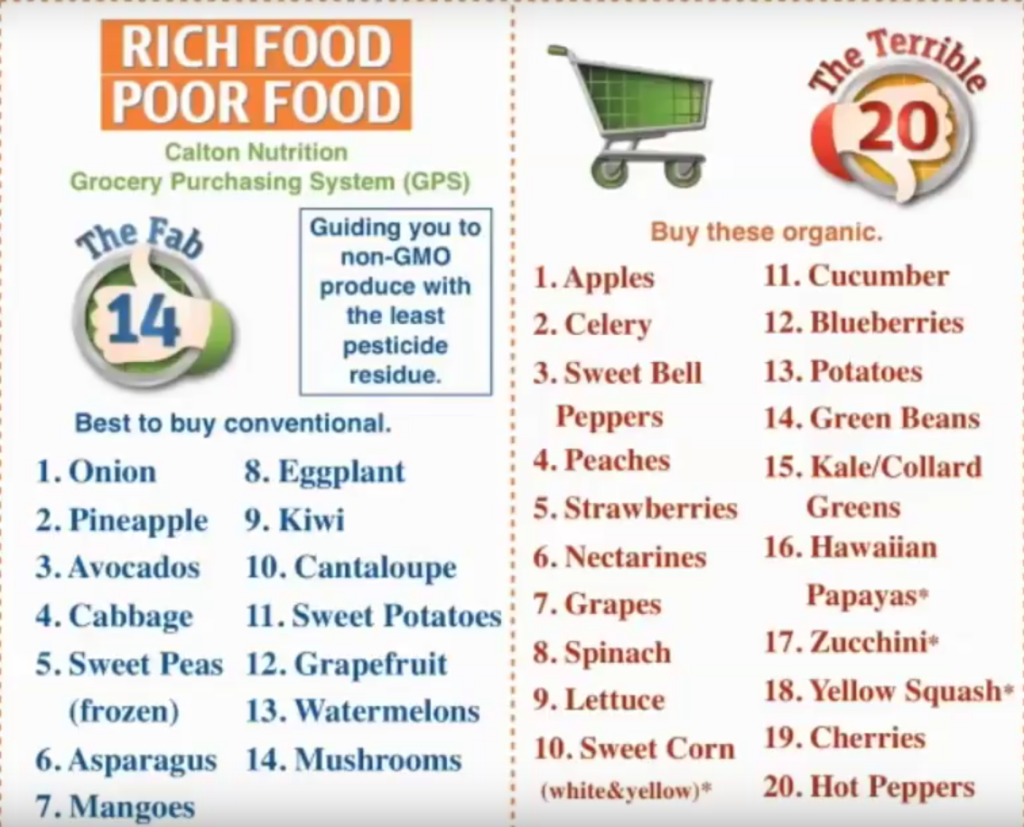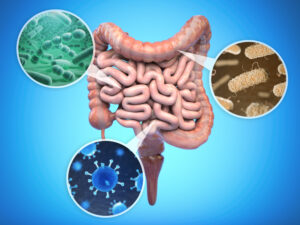Which Fruits & Vegetables Should I Buy?
Article At A Glance:
• Produce plays a crucial role in our kids’ diets to help them manage and overcome challenges associated with autism.
• Fruits and vegetables that are genetically modified or treated with harsh chemicals can irritate the gut, so buying organic produce is key.

Consuming quality food that nourishes their bodies is key to helping our children heal from the inside out, thus reducing or even eliminating behaviors and symptoms related to autism. However, just as food packaging can be deceptive, some parents mistakenly believe that all fruits and vegetables are equally healthy for their kids. Not so.
Sure, produce of virtually any kind is better than chips, candy, or processed foods. But it’s precisely because fresh produce isn’t packaged that conventional farming uses heavy pesticides to “preserve” the food. So while it may more easily transported and looks good in the grocery store, colorful fruits and vegetables that we so often think are wise food choices can actually be packed with harsh chemicals that irritate the gut and may even cause cancer. Yuck. Additionally, industrial agriculture very often genetically modifies the food to increase the quantity of output, but at a cost: studies have shown that GMOs can cause organ damage, accelerated aging, infertility, and other problems. No thank you.
The Better Option: Going Organic
So how do we ensure that our children get the quality benefits of eating produce without all the negative effects of pesticides and GMOs? The answer is simple: buy organic.
Organic food is not always completely free of pesticides, but added chemicals and preservatives are greatly reduced (for a more detailed explanation on the vast differences between organic food and produce grown through conventional means, read here).

I love this chart from Calton Nutrition (an excellent resource) about what foods are particularly important to eat organic (versus produce with only minimal chemicals added). To put it simply, foods that have an outer shell or covering (such as pineapple) have their own natural protection, while fruits and vegetables that are highly porous (like strawberries) absorb additives, thus making it all the more important to buy organic.
When it comes to avoiding GMOs, it gets a lot easier to navigate grocery shopping. The big four to be wary of are zucchini, yellow squash, Hawaiian papaya, sweet corn. If you choose to purchase these foods, simply check the label to ensure the produce is non-GMO.
Eating organic produce can be more of a financial investment, but the pay-off makes it worth it: less doctor bills, less misdiagnoses, and of course greater peace and happiness for your child and your family.
*This website is provided for informational purposes only and is not intended as a substitute for the advice provided by a healthcare professional.
References
Getting To the Root of Autism
Beware of the FrankenChip
The Toxins In Foods That Big Companies Don’t Want You To Know About
Pesticide Action Network- Cancer
Institute for Responsible Technology- 10 Reasons To Avoid GMOs
HelpGuide- Organic Foods: What You Need To Know
Calton Nutrition
Is Your Child An Addict?

A Revolutionary 5-1 Bio-Heal Probiotic
Helping Children Reach Their Full Potential
Click To Learn More
Join Our Community
Join the premier support group of parents, teachers, and caretakers dedicated to
Click To Learn More




